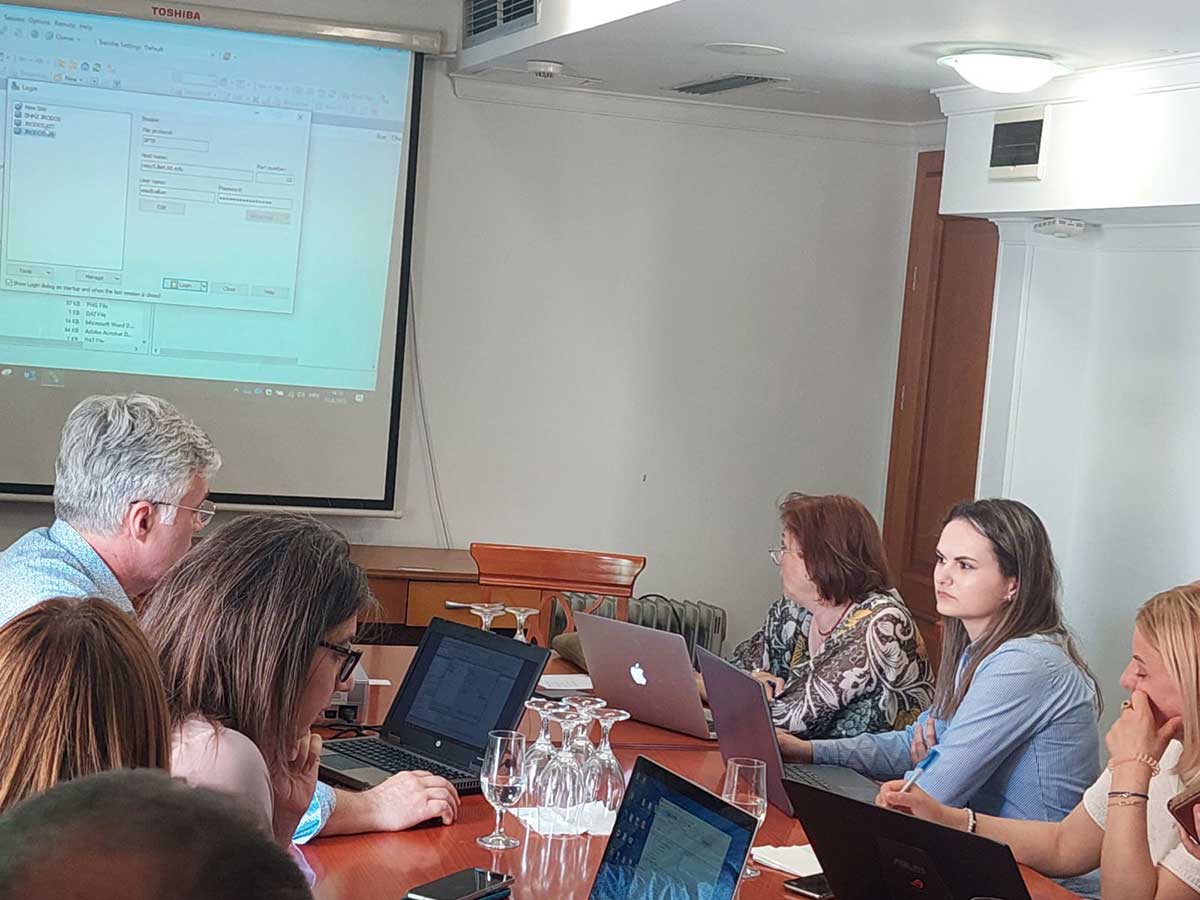The safe use of nuclear and radiological technologies and minimising their impact on people and the environment is one of the priorities for cooperation between the European Union and its Partner countries. To support the improvement of nuclear safety around the world, the European Union established a specific programme, the ‘Instrument for Nuclear Safety Cooperation’ (INSC), which is managed by the European Commission’s -Directorate-General for International Partnerships. An important area of relevance for all Partner countries (PC), with or without nuclear facilities, is the preparedness for and response to nuclear and/or radiological emergencies.
Implemented under the framework of the INSC, the project “Emergency Preparedness and Response in the Western Balkan Region” came as a necessity for the region of Western Balkans as it strengthens its framework for radiological and nuclear emergency preparedness and response (EP&R).
The overall objective of the project was to support Western Balkans to enhance the quality and coherence of their decision-making process for responding to nuclear or radiological emergencies by using a well-established Decision Support Systems (DSS), as part of national arrangements for emergency management. The DSS are complex software systems which rely on technical characteristics of accidental radioactive releases and on real-time weather data, to predict the impact on public health. JRODOS DSS, which was chosen by the region of Western Balkans to be installed in this project, has been developed over the last two decades in a collaborative effort between the EU Member States (MS) and the European Commission, through the EC’s framework for scientific research. At present, JRODOS DSS is the chosen tool for the decision support system for radiological emergencies in numerous EU MS and other countries internationally.
Within the project, JRODOS DSS was installed in all WB PC’s emergency centres of nuclear/radiological regulatory bodies. Its main modules including food chain modelling, near and far range atmospheric dispersion and hydrology were customized for Western Balkan (WB) region’s specific uses. Extensive training, including small-scale exercises, online webinars, and in-person table-top exercises with the participation of national emergency organisations were provided, establishing the ability of WB countries to operate JRODOS DSS on their own. Within the project, all WB PCs established national capabilities and adopted operational procedures to use DSS for both planning purposes and during incidents or emergencies, assuring the sustainability of the results of the project.
The importance of having state-of-the-art DSS in place in WB region was highlighted by all participants during the final meeting of the project. Furthermore, regional cooperation in Western Balkans has been enhanced, which will harmonize response actions in case of an emergency which would affect this region.
As a reminder, by signing the Third-Party Agreement on the use of JRODOS system with the Karlsruhe Institute of Technology (KIT), by the end of May this year, Serbian Radiation and Nuclear Safety and Security Directorate officially became the user of JRODOS system.
Within the above project funded by the European Commission, the system was installed in mid-2021 in Serbian Radiation and Nuclear Safety and Security Directorate as the regulatory body in the field of radiation and nuclear safety and security.
In February this year, the two-day National Table-Top exercise on the use of JRODOS in practice was conducted in the organization of the Directorate. Besides the representatives of the Directorate, the participants in the exercise were the representatives of the Ministry of Internal Affairs – Sector for Emergency Management, Ministry of Defense, Ministry of Health, Ministry of Agriculture and the Ministry of Environmental Protection.

